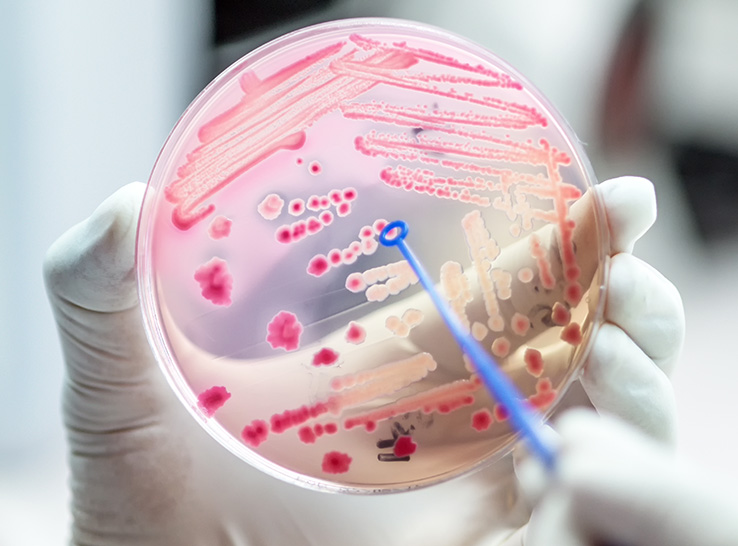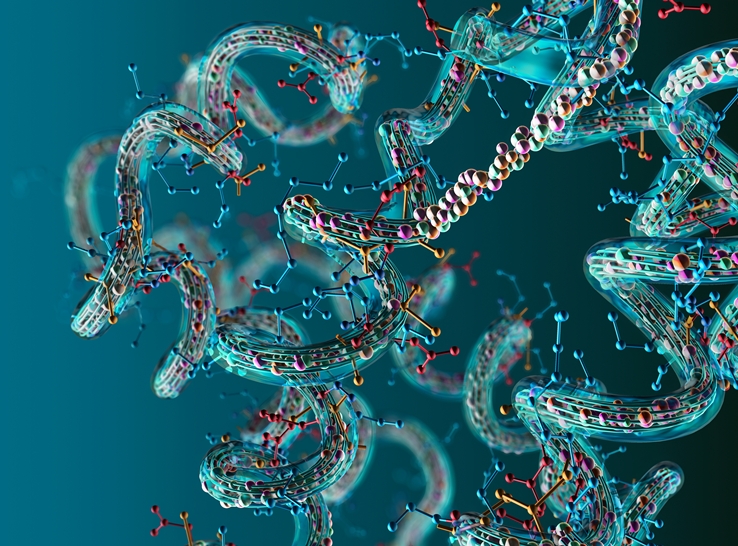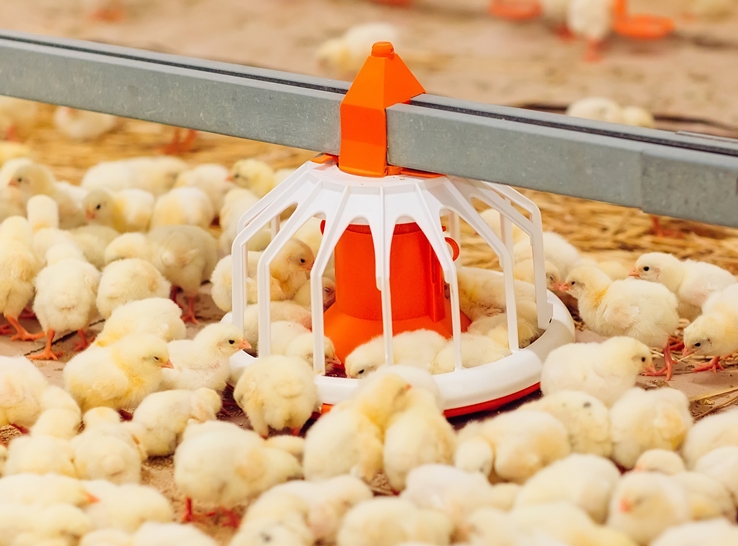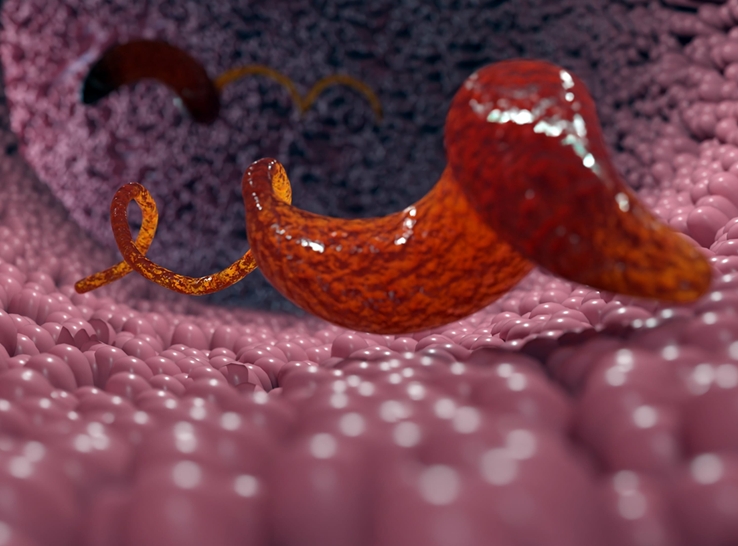Colibacillosis resulting from Escherichia coli (E. coli) is arguably one of the major causes of morbidity, mortality and carcass loss to the poultry production industry worldwide, putting at risk one of the cheapest and most valuable sources of protein.
The causative agent of colibacillosis is avian pathogenic E. coli, or APEC. Disease associated with APEC is linked to several factors, including the health and welfare of the birds; quality of feed, water and litter; antimicrobial use and stewardship; and overall management practices.
Despite approaches to control APEC on all these fronts, the disease is still prevalent and continues to rank as a top issue among poultry producers today.
One of the challenges in combating colibacillosis is current limits on the use of antimicrobials to control disease. Metal supplements, which in themselves have been found to have desirable antimicrobial properties, may help to keep APEC in check.
Catherine Logue, PhD, University of Georgia, led a study to determine if metal supplementation could impact poultry health by selecting pathogenic E. coli, resulting in undesirable health outcomes for poultry production.
The primary goal of the study was to assess the use of metals on resistance and virulence of APEC using both phenotype and genotype approaches. Logue and her team sought to
- Screen collections of APEC for heavy metal associated resistance traits using phenotype and genotype analysis;
- Sequence selected strains to locate metal resistances and traits that accompany them;
- Mine data of sequenced APEC to locate and identify resistance traits characteristic of an APEC core;
- Perform knockout analysis and measure their effects on survival and selection of APEC strains in vitro and in vivo in the presence of metals.
Findings revealed that heavy metal resistance is prevalent in APEC, and some metals were of greater prevalence than others.
The ability of strains to harbor heavy-metal resistance traits was significant and was genetically linked to multiple systems.
According to Logue, there is much still to learn about the role of agents, including heavy metals and their potential impact on the selection of APEC. The effect is complicated, particularly considering how many metal and resistance systems that APEC can harbor and how strains are able to adapt to the agents by means of multiple mechanisms. Different metal effects were evident from assorted studies.
The use of metals as potential antimicrobial agents and supplements will require much consideration in evaluating their potential benefits versus the risks which are likely to lead to the selection of some APEC strains.
This work highlighted the need for a better understanding of specific supplements or metals in the greater context of their potential for selection or control for pathogens, such as APEC. Genomic data provides valuable evidence on APEC, including its virulence and resistance. Ongoing work with birds will determine the effects of supplements as a selective agent for APEC.
The research was made possible in part by an endowing Foundation gift from Mar-Jac Poultry and proceeds from the International Poultry Expo, part of the International Production & Processing Expo (IPPE). The research is part of USPOULTRY’s comprehensive research program encompassing all phases of poultry and egg production and processing.
Editor’s note: Content on Modern Poultry’s Industry Insights pages is provided and/or commissioned by our sponsors, who assume full responsibility for its accuracy and compliance.







